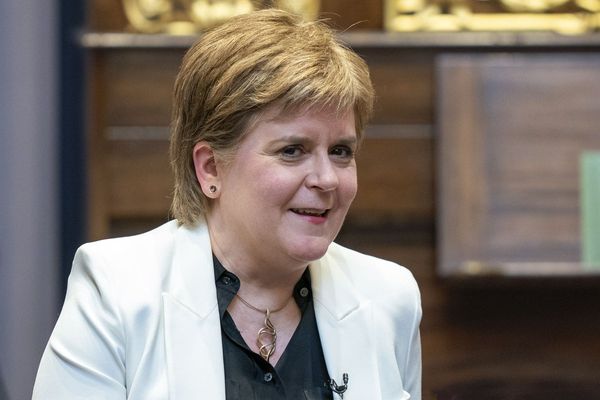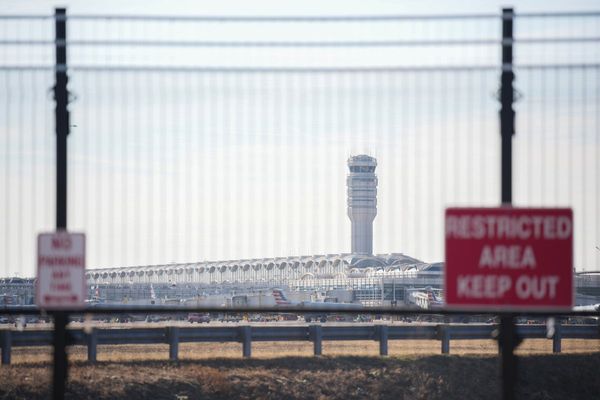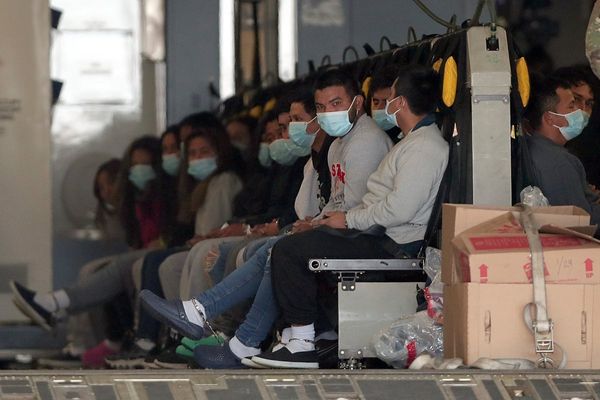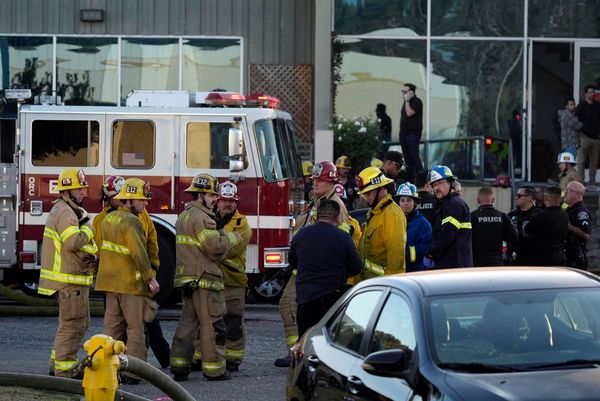Policy makers could be complacent about inflation's rise and its impact to good and services that consumers pay for, according to former Treasury Secretary Lawrence Summers.
Summers does not believe that the rate of inflation could decline back down to 2% in 2022, according to Bloomberg Television’s “Wall Street Week” with David Westin.
Yellen Posits A Steeper Drop
Janet Yellen, the current Treasury chief and a former Fed chair, told CNBC that if the pandemic is controlled, inflation would "diminish over the course of the year and hopefully to revert to normal levels by the end of the year, around 2%.”
But Summers disagrees with that assessment.
“I don’t think it’s the best bet that inflation is going to come into the 2% range by the end of the year," he said. "Complacency is not appropriate.”
Yellen is the first woman to serve as U.S. Treasury Secretary.
Summers Has Controversial Past With Women in Math And Science
Summers is perhaps best known for stating in 2015 while he was president of Harvard University that the underrepresentation of women in math and science occurred because they were not willing to work more than 40 hours a week.
He attributed the larger number of high school boys scored very high on standardized math tests and said the differences were caused by biological differences between the sexes.
TheStreet Recommends: Greenflation Investing Opportunities In 2022
He had spoken at the National Bureau of Economic Research conference titled "Diversifying the Science and Engineering Workforce: Women, Underrepresented Minorities, and their S. & E. Careers” and later said he did not meet to offend women and regretted if his remarks were misunderstood.
Summers also said that few women would be willing to sacrifice working 80-hour weeks.
Fed's New Plans Faces More Pressure
The Federal Reserve is meeting next week and is expected to give investors insight into their plans to curb inflation in 2022. The central bankers have said they plan to start raising interest rates in March and have signaled there could be three to four interest rate increases this year.
The impact of inflation to the economy "is still understated,” Summers said. He also said factors such as the bottlenecks in China, higher crude oil prices, tighter labor markets and more expensive house and rental prices along with cheaper borrowing are contributing to price pressures.
“While the term ‘transitory’ has left the policy maker discourse, the idea of transitory inflation is still very fixed in their minds,” he said on Bloomberg TV. "There's still a belief that with very limited monetary actions — that have not taken full effect — we will see inflation slow to the 2% range by the end of the year. That certainly could happen, but it wouldn’t be my bet.”
So What's Next?
The Fed is already taking steps to conduct tightening of the monetary policy by reducing its $8.9 trillion balance sheet while also increasing rate hikes. Inflation rose to 7% in 2021, adding pressure to the central bankers.
Summers, a professor at Harvard University and paid contributor to Bloomberg, believes the Fed may need to be more aggressive.
“The Fed’s got a very delicate operation now in slowing it down,” he said. “The delicacy of that operation is underscored by the turbulence in asset markets since the beginning of the year.
TheStreet Recommends: Investor Playbook: How to Play the Resource Transition - FREE Webinar







